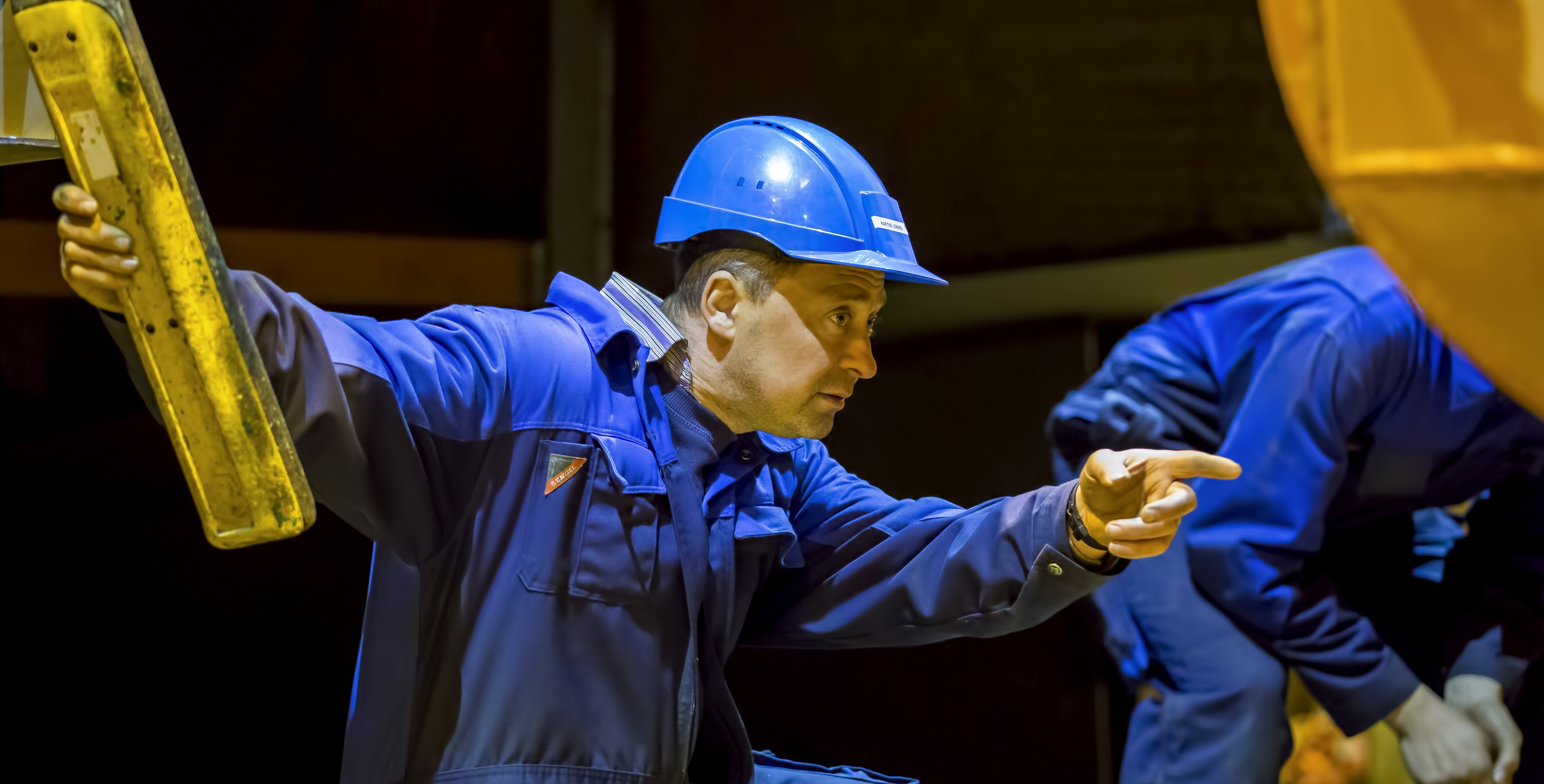The Faroe Islands has a very capable workforce, a majority of which have some kind of higher education. Both the labour market’s private and public sectors are well organized, and there are several proficient trade unions within both sectors.
Qualifications
In general, the educational standard of the Faroese population is one of both high quality and relevance. Various educations are available for study in the Faroe Islands, such as teacher training, educational theory and practice pedagogics, nursing school, shipmaster and mariner training and engineering. In addition to these, nearly all artisan educations are also available in the Faroe Islands. Nonetheless, after finishing high school/grammar school, a big number of Faroe islanders tend to travel abroad for further education. Those who travel abroad for further study tend to choose university-level educations that are not available in the Faroe Islands.
Experience
The maritime industries are particularly strong in the Faroe Islands.
The fishing industry: For many years fish was the Faroe Islands’ sole export, and as such the fishing industry has years and years of experience. The industry is still relevant and important nowadays as it creates numerous jobs both at sea and on land.
The offshore industry: Quite a few Faroe islanders work in the offshore industry. When oil was found in Scottish sea territory close to the Faroese border, interest in the offshore industry grew considerably. Although any satisfactory amount of oil is yet to be found in Faroese territory, many Faroe islanders have studied within the educational fields of offshore and oil industry and are now working in offshore industries around the globe. In addition, Faroese companies have specialized in providing labour force to the offshore industry all over the world.
The sea farming industry: In recent years, the Faroese sea farming industry has witnessed a considerable increase. Sea farming takes place in bays all over the Faroe Islands and farmed salmon has become the country’s main export. The demand for Faroese salmon is high all over the world, and the sea farming industry creates numerous jobs in the Faroe Islands.
The artisan industry: There are several construction companies in the Faroe Islands. At the present, there are numerous large constructions under development, and in most cases these new constructions are developed and built by Faroese companies. Numerous Faroese contractors and artisans are also working abroad, i.e. several electricians are working in the Norwegian oil industry.
Labour Market
The Faroese labour market’s public and private sectors are well organized. Contracts are usually negotiated every four years. Within the public sector, in the case that the different parties are not able to come to a mutual conclusion on their own, an independent institution carries the responsibility of coming a final agreement. It is rare that the different parties in the either the private or the public sectors fail to agree and go on strike.
House of Industry
House of Industry is run by Faroese Employers Association. House of Industry also houses other associations such as Føroya Handverksmeistarafelag, Føroya Prentsmiðjufelag, Reiðarafelagið fyri Farmaskip and Arbeiðsgevarafelagið hjá Fíggingarstovninum. In addition to these associations, House of Industry also houses smaller trade associations.
Workers’ unions
There are several workers’ unions in the Faroe Islands, all of which work to assure that their members’ interests are met.
